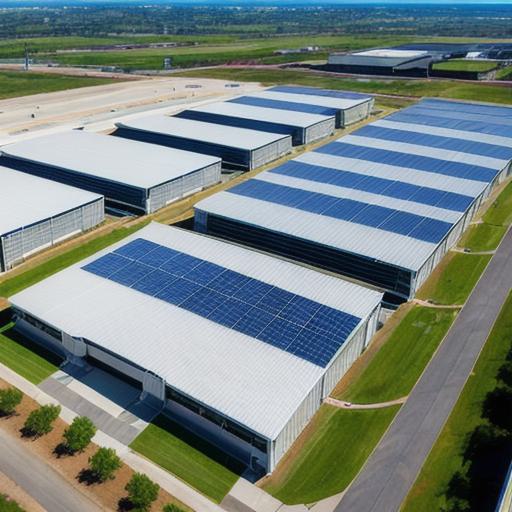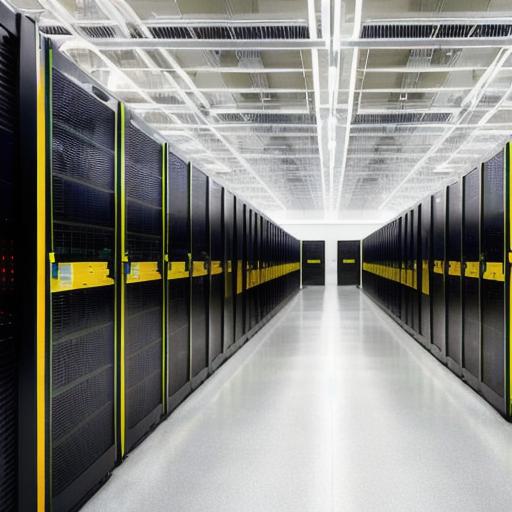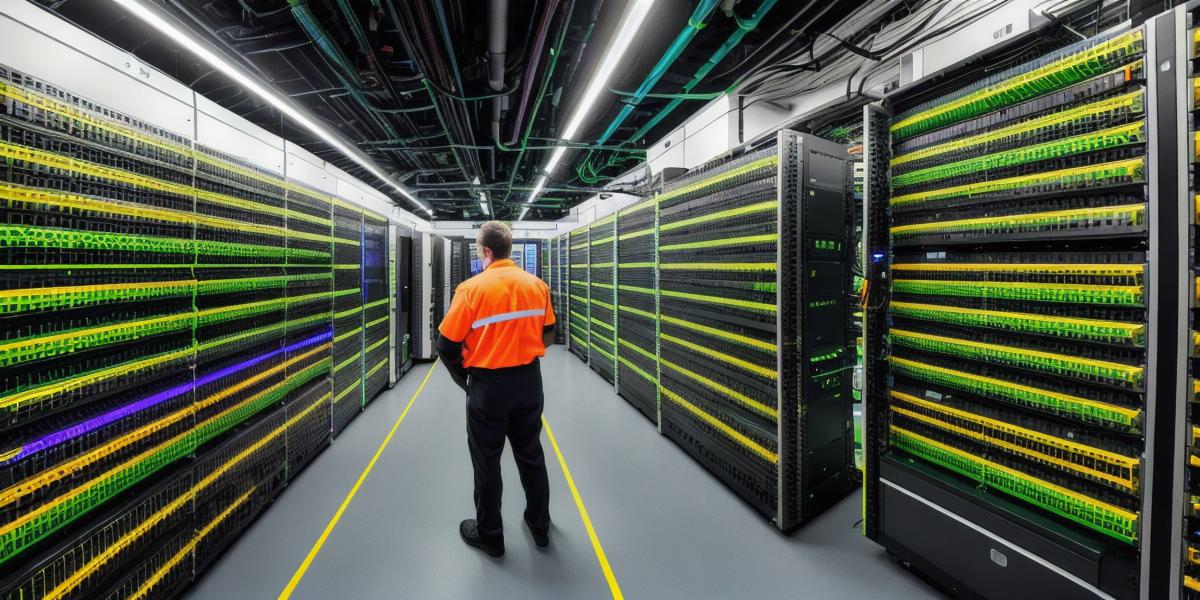
Data centers are physical facilities used to house, power, and cool computer systems, servers, storage, and networking equipment. They provide businesses with a secure and reliable environment for managing their digital infrastructure. In this text, we will explore some examples of data centers and their distinctive features.
Example 1: Google’s Data Centers
Google operates a vast network of data centers worldwide, located in various regions to minimize latency and ensure optimal performance. These data centers are designed for energy efficiency, using innovative cooling techniques like liquid cooling and hot-aisle containment. They are also equipped with advanced security systems, such as 24/7 surveillance, access control, and biometric authentication.
Example 2: Amazon Web Services (AWS) Data Centers
Amazon’s data centers support its cloud computing services, including AWS Elastic Compute Cloud (EC2), Simple Storage Service (S3), and Relational Database Service (RDS). These data centers are designed with a highly scalable infrastructure, allowing businesses to quickly deploy resources as needed. They also prioritize security, employing measures such as encryption at rest and in transit, multi-factor authentication, and network access control.

Example 3: Microsoft Azure Data Centers
Microsoft’s data centers form the foundation of its Azure cloud services, providing a platform for various workloads, from web and mobile applications to virtual machines and containers. These data centers leverage renewable energy sources to reduce their carbon footprint, and they employ advanced cooling techniques like liquid cooling and hot-aisle containment to increase efficiency. Security is also a top priority, with features such as Azure Security Center, which provides threat intelligence and security recommendations.
Summary: The Digital Hubs of the Modern World
Data centers serve as the backbone of our digital world, enabling businesses to store, process, and transmit data efficiently and securely. Google, Amazon, and Microsoft are just a few examples of companies that operate extensive networks of data centers worldwide. Each data center is designed with unique features tailored to meet specific business needs while prioritizing energy efficiency and security. As our reliance on digital infrastructure continues to grow, the importance of data centers will only become more significant.
